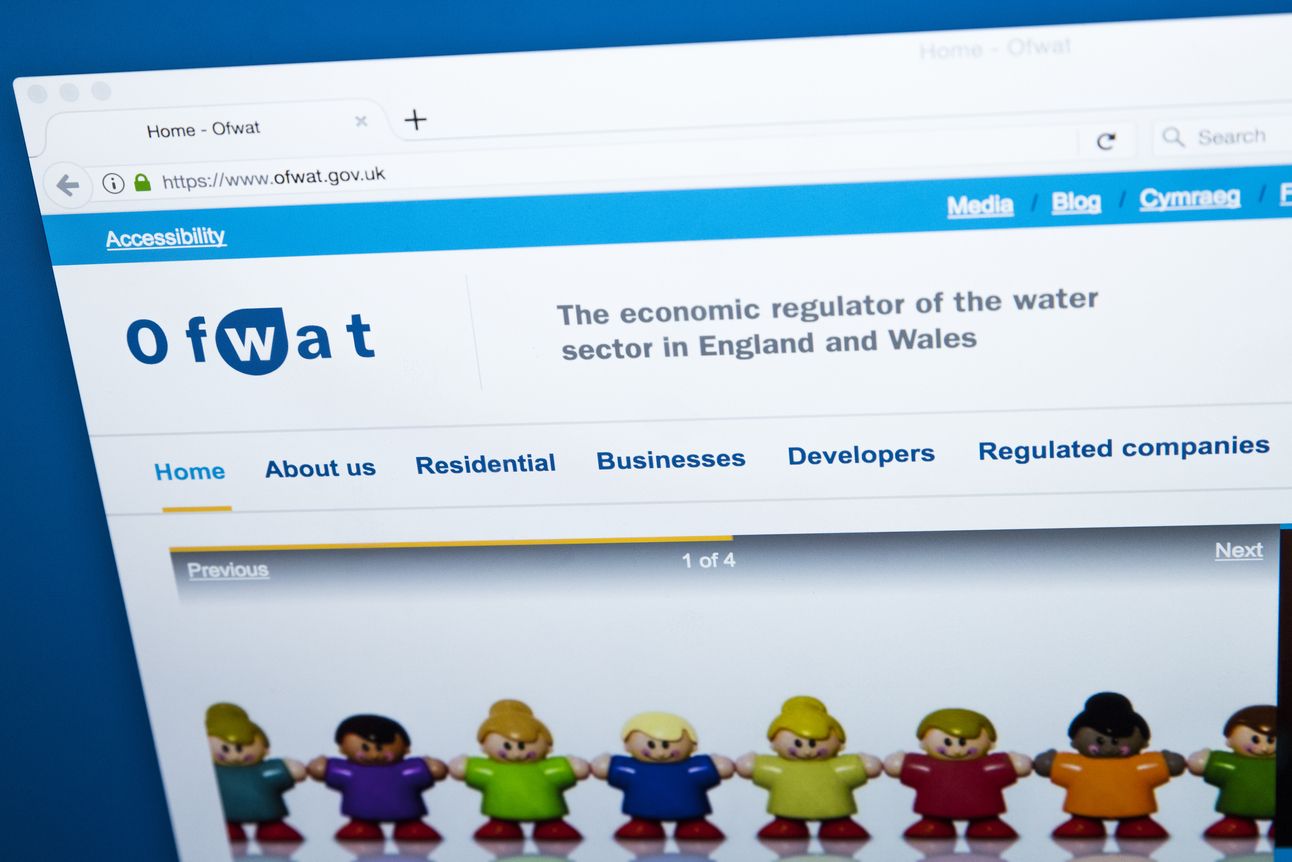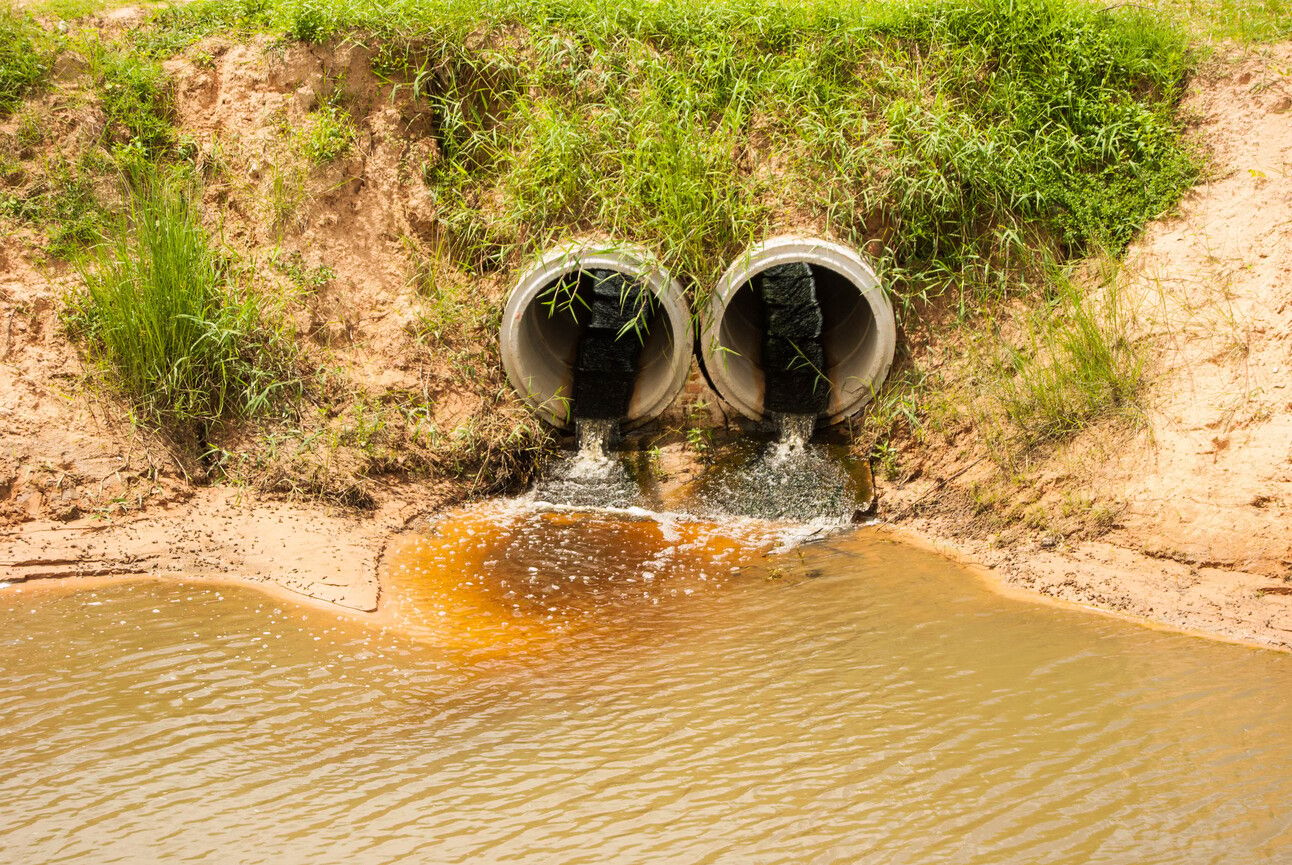The United Kingdom's water industry is at a critical juncture, facing challenges that necessitate immediate and comprehensive action. Recent developments, including enacting the Water (Special Measures) Act, establishing a 'people's commission' to scrutinise the industry's future, and alarming reports of environmental pollution, highlight the urgency of addressing water conservation and management.

The Water (Special Measures) Act: A Legislative Response
On 24th February 2025, the Water (Special Measures) Act received Royal Assent, marking a significant step towards strengthening the regulatory framework governing water companies in England and Wales. This Act introduces several key provisions aimed at enhancing accountability and environmental protection:
Executive Accountability: The Act empowers the government and regulators to withhold bonuses from water company executives in cases of poor performance, ensuring that leadership is directly accountable for their company's actions.
Criminal Liability: Persistent legal violations by water companies can now lead to criminal charges, underscoring the seriousness of compliance with environmental standards.
Automatic Fines: Introducing automatic, severe fines for rule-breakers is a deterrent against negligence and encourages proactive compliance.
Enhanced Monitoring: A mandate for comprehensive monitoring of emergency sewage overflows aims to improve transparency and facilitate timely interventions to protect water quality.
Sandy Luk, Chief Executive of the Marine Conservation Society, lauded the Act as "a stepping stone towards a cleaner, healthier ocean," emphasising the importance of these measures in preserving marine ecosystems.
Public Scrutiny and the 'People's Commission'
A 'people's commission' has been established in parallel with legislative efforts to examine the water industry's future in England and Wales. Spearheaded by academics and environmental activists, this commission addresses concerns over pollution, financial management, and customer outcomes. Notably, it aims to fill perceived gaps left by government-initiated reviews, particularly by exploring alternative ownership models and focusing on environmental sustainability.

Environmental Concerns: Pollution and Infrastructure Challenges
Recent reports have highlighted significant environmental issues linked to water management practices:
Sewage Pollution: Data from United Utilities revealed that raw sewage was discharged into Windermere for over 6,000 hours last year, averaging about 17 hours daily. Such discharges contribute to harmful algae blooms and deteriorate water quality, posing risks to ecosystems and public health.
Regulatory Oversight: An official inquiry found that privatised water companies have been evading adequate scrutiny from the regulator, Ofwat. The report raised concerns about whether customer payments are effectively utilised for necessary infrastructure investments, especially with plans to spend £104 billion over the next five years.
Implications for Water Conservation in the UK
The convergence of these developments has profound implications for water conservation efforts across the UK:
Strengthened Regulatory Framework: The Water (Special Measures) Act enhances the tools available to regulators, promoting better compliance and encouraging water companies to adopt more sustainable practices.
Increased Public Engagement: Establishing the 'people's commission' reflects a growing public interest in water management. This participatory approach can lead to more democratic decision-making and heightened accountability.
Focus on Infrastructure Investment: Highlighting the need for substantial investment in water infrastructure underscores the importance of modernising systems to prevent pollution and improve efficiency. Transparent and effective use of funds is crucial to achieving these goals.
Environmental Restoration Initiatives: Addressing pollution incidents, such as the sewage discharges into Windermere, necessitates targeted environmental restoration projects. These efforts are vital for preserving biodiversity and ensuring the availability of clean water resources.
Conclusion
The UK's water industry stands at a pivotal moment, with recent legislative actions and public initiatives paving the way for significant reforms. The UK can make substantial strides in water conservation by embracing strengthened regulations, fostering public involvement, ensuring responsible infrastructure investments, and committing to environmental restoration. These efforts are essential for protecting natural ecosystems and securing a sustainable water future.



